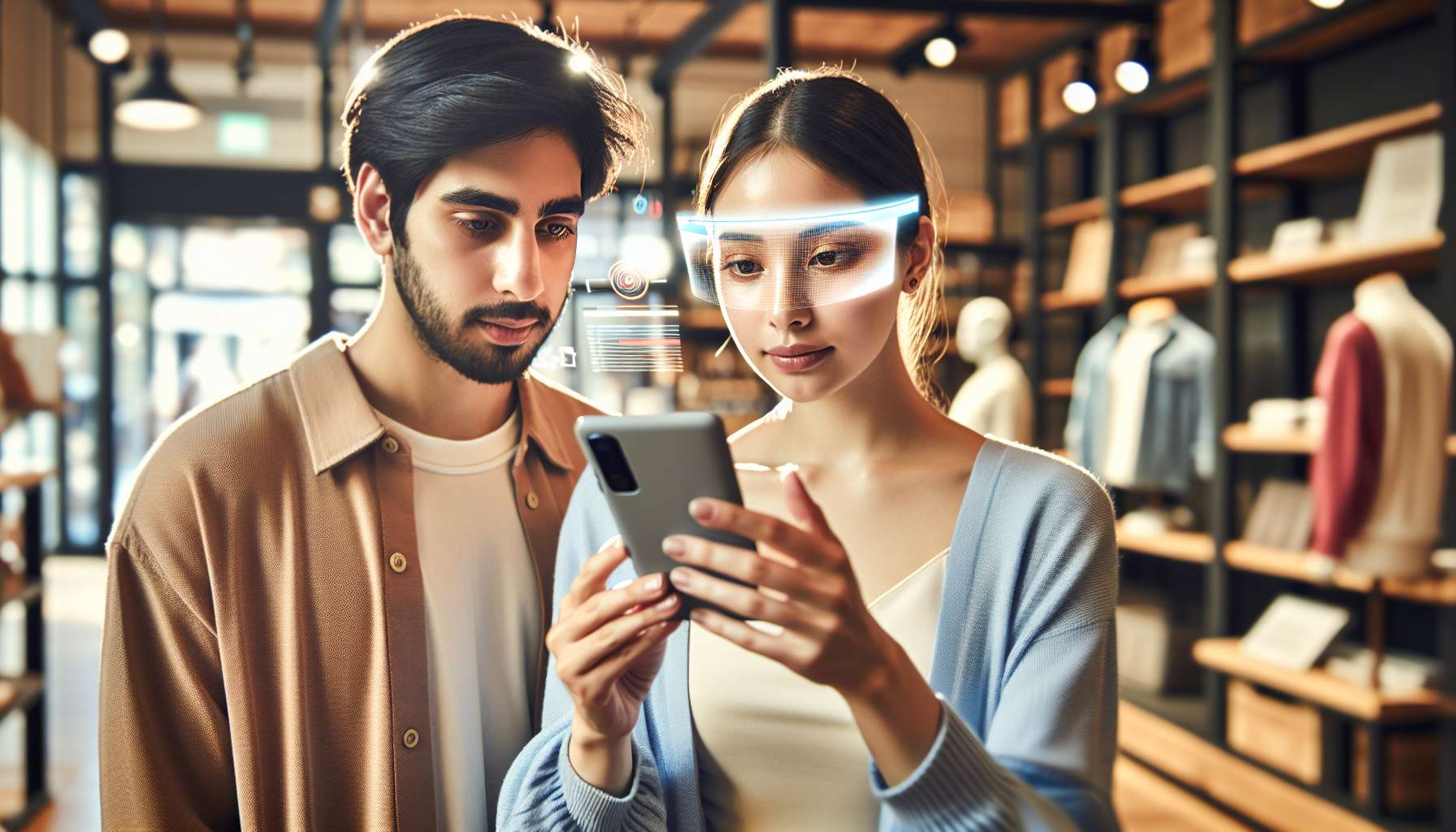Revolutionizing B2B Retail: How AR Applications are Driving Sales
Augmented Reality (AR) has emerged as a game-changer in the retail industry, transforming the way businesses engage with customers and boosting sales in the process. By seamlessly blending the physical and digital worlds, AR applications offer a unique and immersive experience that captivates consumers and drives them to make purchasing decisions. In this article, we will explore the innovative AR applications that are revolutionizing B2B retail and how they can help businesses achieve unprecedented sales growth.
Enhancing Product Visualization
One of the key challenges in B2B retail is effectively showcasing products to potential buyers. Traditional methods such as catalogs and brochures often fall short in conveying the true value and features of a product. This is where AR applications come into play. By leveraging AR technology, businesses can provide their customers with interactive and lifelike product visualizations. Whether it’s a piece of machinery, furniture, or even an entire office setup, AR allows buyers to virtually place and manipulate products in their real-world environment. This immersive experience not only helps customers make informed decisions but also instills confidence in their purchase, ultimately driving sales.
Personalized Shopping Experiences
AR applications enable businesses to offer personalized shopping experiences tailored to individual customers. By analyzing customer data and preferences, AR can recommend products that align with their specific needs and interests. For example, a B2B retailer selling office supplies can use AR to create virtual showrooms where customers can explore and customize their ideal workspace. By allowing customers to visualize different combinations of furniture, equipment, and decor, AR empowers them to make personalized choices that meet their unique requirements. This level of personalization not only enhances customer satisfaction but also increases the likelihood of making a sale.
Streamlining Sales Processes
AR applications are not limited to enhancing the customer experience; they also streamline internal sales processes. For sales representatives, AR can serve as a powerful tool for showcasing products during client meetings or trade shows. Instead of carrying physical samples or relying on static presentations, sales teams can leverage AR to demonstrate products in a dynamic and interactive manner. This not only saves time and effort but also leaves a lasting impression on potential buyers. Additionally, AR can provide real-time access to product information, inventory levels, and pricing, enabling sales teams to respond to customer inquiries promptly and accurately.
Driving Customer Engagement
AR applications have the ability to captivate customers and drive engagement like never before. By incorporating gamification elements into the shopping experience, businesses can create interactive and entertaining AR campaigns that keep customers coming back for more. For example, a B2B retailer can develop an AR-based scavenger hunt within their store, encouraging customers to explore different sections and discover hidden discounts or exclusive offers. This not only increases foot traffic but also generates excitement and buzz around the brand. By leveraging the power of AR, businesses can create memorable experiences that foster customer loyalty and ultimately drive sales.
The Future of AR in B2B Retail
The potential of AR in B2B retail is vast and continues to evolve rapidly. As technology advances, we can expect even more innovative applications that push the boundaries of customer engagement and sales growth. From virtual try-on experiences for clothing and accessories to AI-powered personal shopping assistants, the possibilities are endless. By embracing AR and staying ahead of the curve, businesses can position themselves as industry leaders and gain a competitive edge in the ever-evolving retail landscape.
In conclusion, AR applications are revolutionizing B2B retail by driving sales and enhancing customer engagement. By leveraging AR technology, businesses can provide immersive product visualizations, offer personalized shopping experiences, streamline sales processes, and create interactive campaigns that captivate customers. As the future of AR in B2B retail unfolds, businesses that embrace this technology will be well-positioned to thrive in the dynamic and competitive retail industry.





